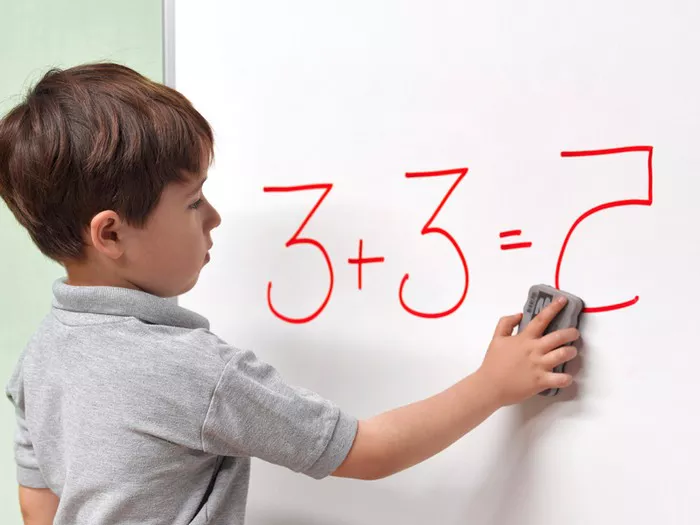Dyslexia, a specific learning disability that primarily affects reading, can also have significant implications for learning math. While dyslexia primarily involves difficulties with language-based tasks such as reading, writing, and spelling, its impact on math learning can be profound and multifaceted. Understanding these challenges is crucial for educators, parents, and individuals with dyslexia to provide effective support and interventions.
Dyslexia affects approximately 5-10% of the population, impacting individuals across various aspects of academic and social functioning. In the realm of mathematics, dyslexia can manifest in difficulties with number sense, mathematical reasoning, problem-solving, and mathematical fluency. This article explores the specific ways dyslexia influences math learning, the underlying cognitive processes involved, and strategies for effective intervention.
The Cognitive Challenges
Reading and Math Integration
Dyslexia often involves difficulties in decoding symbols and processing written information. In math, this challenge extends to understanding mathematical symbols, word problems, and written instructions. Individuals with dyslexia may struggle to translate mathematical symbols and words into meaningful concepts, hindering their ability to comprehend math problems and apply appropriate strategies.
See Also: How Does Dyslexia Affect a Person Socially?
Working Memory and Processing Speed
Many individuals with dyslexia experience deficits in working memory and processing speed, which are essential for performing calculations, remembering multi-step procedures, and solving complex problems. This can result in difficulties with mental arithmetic, following sequential instructions, and maintaining focus during math tasks.
Spatial Awareness and Visual Processing
Dyslexia can impact spatial awareness and visual processing skills, which are critical for tasks such as geometry, understanding graphs, and spatial reasoning in math. Difficulties in spatial visualization can affect the ability to understand geometric shapes, interpret diagrams, and visualize mathematical concepts in three dimensions.
Challenges in Math Learning
Basic Numeracy Skills
Individuals with dyslexia may struggle with basic numeracy skills such as counting, recognizing number patterns, and understanding place value. Difficulties in number recognition and sequencing can impede progress in learning foundational math concepts.
Word Problems and Mathematical Language
Word problems pose significant challenges for individuals with dyslexia due to difficulties in reading comprehension and interpreting mathematical language. Parsing complex sentences, identifying key information, and applying mathematical operations can be daunting tasks, affecting problem-solving abilities.
Mathematical Reasoning and Conceptual Understanding
Dyslexia can impact mathematical reasoning and conceptual understanding, making it challenging to grasp abstract math concepts, understand relationships between numbers, and apply mathematical principles in real-world contexts. This can hinder progress in higher-level math topics and academic achievement.
Strategies for Support and Intervention
Multisensory Approaches
Multisensory techniques, such as using manipulatives, visual aids, and auditory cues, can enhance understanding and retention of mathematical concepts. Engaging multiple senses helps individuals with dyslexia process information more effectively and make connections between abstract ideas and concrete experiences.
Explicit Instruction and Structured Learning
Providing explicit instruction that breaks down mathematical concepts into clear, step-by-step procedures can support learning for individuals with dyslexia. Structured learning environments with predictable routines and consistent feedback promote confidence and mastery in math skills.
Accommodations and Assistive Technology
Accommodations, such as extended time on tests, use of calculators, and access to assistive technology like text-to-speech software, can level the playing field for students with dyslexia. These tools reduce barriers related to reading and writing, allowing individuals to demonstrate their mathematical abilities more effectively.
Conclusion
In conclusion, dyslexia significantly impacts math learning by affecting reading comprehension, working memory, spatial awareness, and mathematical reasoning. Recognizing these challenges and implementing appropriate strategies are essential for supporting individuals with dyslexia in their mathematical development. By leveraging multisensory approaches, explicit instruction, and accommodations, educators and parents can empower students with dyslexia to succeed in math and achieve their full academic potential.
Understanding how dyslexia influences math learning is crucial for fostering inclusive educational environments and providing tailored support that addresses the unique needs of individuals with dyslexia in mathematics.


